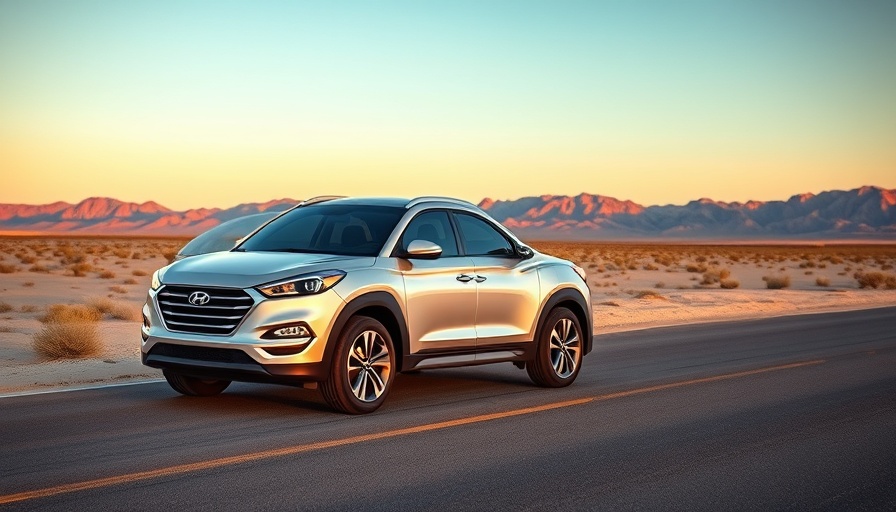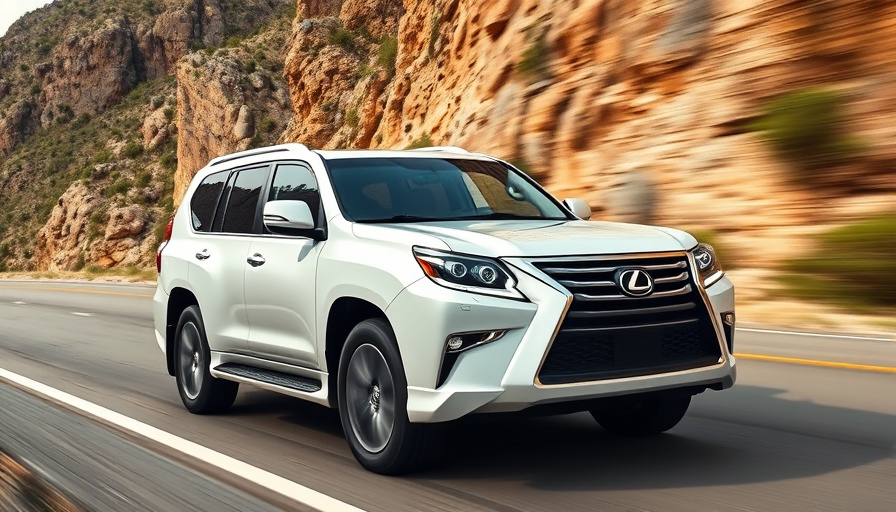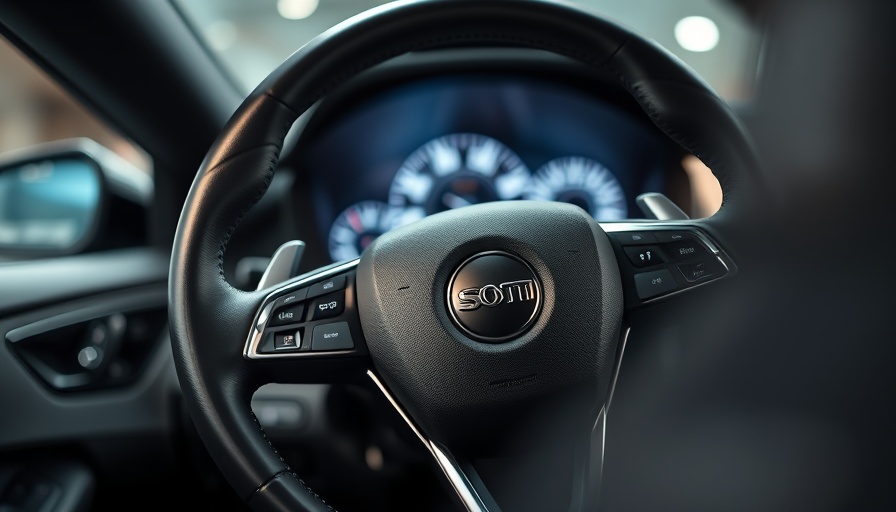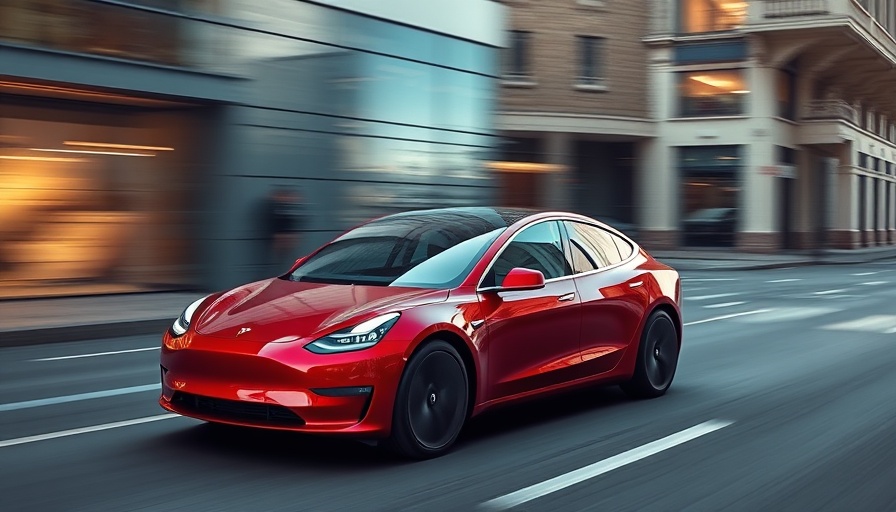
The Rise of Hybrid SUVs in 2025: A Look at the Hyundai Tucson
As the automotive world rapidly embraces hybrid technology, the 2025 Hyundai Tucson Hybrid stands out as an attractive option for drivers seeking both luxury and efficiency. In an era where environmental concerns and fuel efficiency are at the forefront of consumers' minds, hybrid SUVs have gained considerable traction. With its sleek design and performance capabilities, the Tucson Hybrid is drawing comparisons to luxury models like Lexus, but at a more affordable price point.
Why Choose a Hybrid SUV?
The growing popularity of hybrid SUVs stems from their blend of performance and fuel economy. These vehicles offer better gas mileage than traditional combustion engines, making them an appealing choice for budget-conscious consumers. The Tucson Hybrid boasts impressive fuel efficiency stats—38 mpg in city, highway, and combined driving for its Blue trim—making it a top contender in the compact SUV segment. These vehicles not only save money at the pump but also contribute to reducing emissions, appealing to eco-conscious buyers.
Comfort Meets Affordability: Tucson’s Luxury Features
Hyundai has made significant strides in providing a luxury experience without the steep price tag. The Tucson Hybrid, starting at $33,465, is impressively equipped with spacious interiors, plenty of legroom and headroom, and an array of modern technology features. From an intuitive infotainment system to advanced safety ratings, this vehicle holds its own against competitors in the higher-end market. Owners can experience the feel of luxury driving without the corresponding financial burden, making it an enticing alternative to traditional luxury brands.
Analyzing Real-World Performance
Performance analysis of the 2025 Hyundai Tucson Hybrid has been promising, with reviews noting its smooth handling and quick acceleration. As more buyers turn to this segment, understanding the real-world performance of hybrid models becomes crucial. Car performance analysis indicates that driving a hybrid does not compromise on power, making it an appealing option for those who desire both efficiency and driving dynamics. Moreover, the Tucson is part of a broader trend emerging in the automotive industry—a shift toward sustainable and energy-efficient vehicles.
Tips for Choosing Between Sedans and SUVs
When shopping for a hybrid vehicle, potential buyers often face the dilemma of choosing between sedans and SUVs. Sedans may offer lower prices and better fuel economy, but SUVs, especially hybrids, provide added versatility, space, and a commanding view of the road. This SUV model strikes a balance, presenting ample cargo space while delivering a comfortable ride—attributes that are hard to find in compact sedans.
Looking Forward: The Future of Hybrid Vehicles
Hybrid technology is not just a passing trend; it's likely to evolve as consumers become more environmentally conscious and fuel prices fluctuate. Industry trends indicate a growing focus on hybrid innovations, including improvements in battery technology and vehicle design. With automakers investing heavily in research and development, potential buyers can expect better reliability and performance from hybrids as competition heats up.
The Bottom Line: Hyundai Tucson Hybrid’s Value Proposition
The 2025 Hyundai Tucson Hybrid exemplifies value in a crowded market. Its combination of luxury-like comfort, impressive fuel efficiency, and competitive pricing makes it a compelling choice for consumers looking to make a smart investment. With the ongoing push toward hybrid vehicles, the Tucson is poised to appeal to a diverse array of drivers. Whether you're focused on budget, environmental impact, or driving enjoyability, the Tucson Hybrid aims to deliver.
For all these reasons and more, the 2025 Hyundai Tucson Hybrid is a significant player in an increasingly crowded compact SUV segment, marking a shift towards hybrid technology’s pivotal role in the future of automotive travel.
 Add Row
Add Row  Add
Add 




Write A Comment